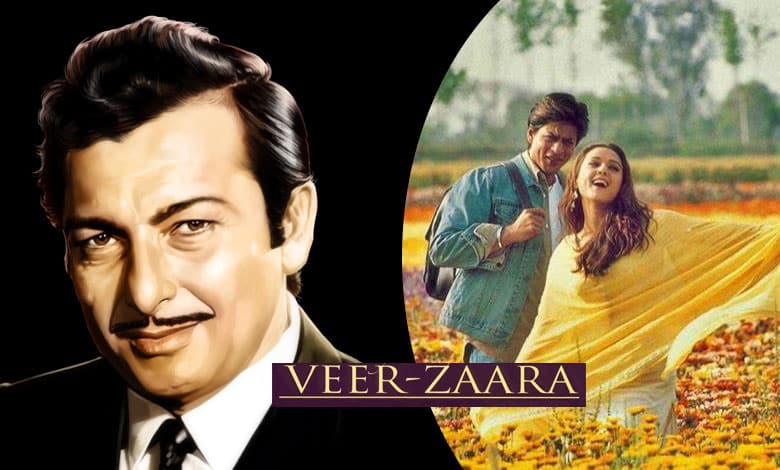How “Veer-Zaara” Celebrated Madan Mohan’s Legacy Through Iconic Music
On the 20th anniversary of Veer-Zaara, Sanjeev Kohli, son of the legendary music composer Madan Mohan, revealed the heartfelt journey behind the creation of the film’s timeless soundtrack.

Mumbai: On the 20th anniversary of Veer-Zaara, Sanjeev Kohli, son of the legendary music composer Madan Mohan, revealed the heartfelt journey behind the creation of the film’s timeless soundtrack. In an exclusive interview, Kohli shared how the film became not just a tribute to his father’s musical genius, but also a son’s commitment to preserving his father’s legacy.
Sanjeev reminisced about how Veer-Zaara was born from his father’s forgotten melodies. After Madan Mohan’s untimely death in 1975, much of his music remained unfulfilled. However, Veer-Zaara director Yash Chopra was determined to bring back the vintage, melodious tunes of the past to give the film its soulful, classical touch.
Also Read: Vidya Balan Reveals Being Replaced in Tamil and Malayalam Films During Career Struggles
Kohli shared that Chopra approached him with the idea of using music based on ethnic, acoustic instruments, reminiscent of the 60s and 70s, as the modern sound lacked the charm and melody of that era. In a fortunate twist, Sanjeev discovered old cassettes containing his father’s compositions that had never seen the light of day.
After months of effort to re-record these old tracks, Yash Chopra and his son Aditya Chopra chose 10 out of 30 tracks to be used in the film. The soundtrack would feature Lata Mangeshkar, who had previously sung for Madan Mohan’s compositions, bringing her iconic voice back to these cherished melodies.
For Sanjeev, Veer-Zaara was a realization of a dream — his father’s legacy was finally celebrated with a soundtrack that topped the charts for nearly a year, earned multiple awards, and was a critical part of one of India’s biggest films, starring Shah Rukh Khan, Preity Zinta, and Rani Mukherji.
Kohli concluded with a deep sense of fulfillment, noting how his father’s compositions played a central role in the film’s success, marking the final, long-awaited recognition of Madan Mohan’s unparalleled musical contributions.
